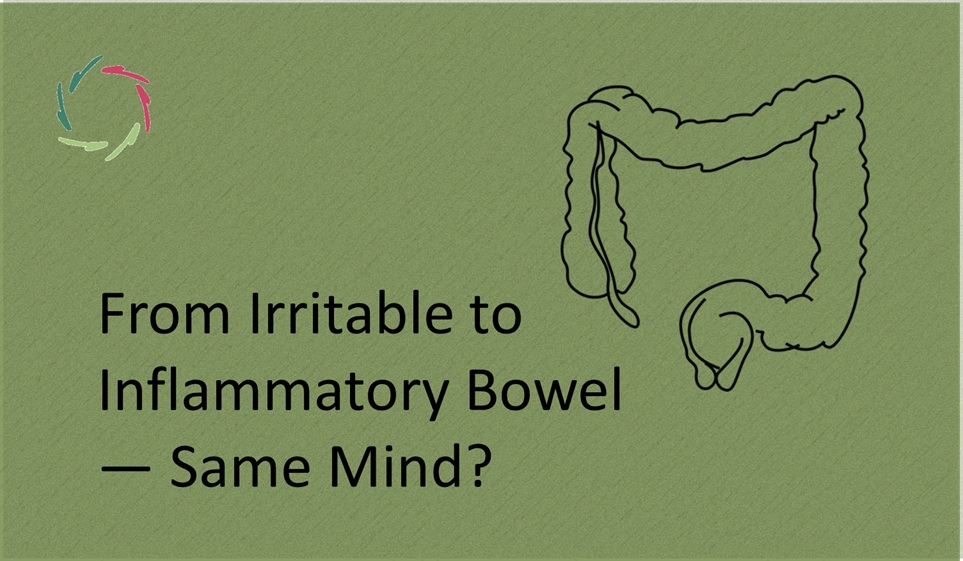Studies Show: Placebo as Effective as Treatment

The conclusion of a meta-study by Howick et al.: “Placebos and treatments often have similar effect sizes. Placebos with comparably powerful effects can benefit patients either alone or as part of a therapeutic regimen” [1]
The differences
In this meta-analysis involving 12.576 subjects, differences were measured between placebo (versus no-treatment) and active treatment (versus placebo) effects in three-armed trials (no treatment, active treatment, placebo). The domains were mainly pain, depression, anxiety, and insomnia.
In trials with continuous outcomes, no difference was found between treatment and placebo effects.
In trials with binary outcomes, no differences were found in 22 trials while treatments were more effective in 5 (of 28), and placebos in 1. Moreover, with all criteria for reducing bias taken into account, placebos were more effective than treatments.
Caution with placebos in studies
Even when subjects get no treatment, they may tend to evolve positively during a study due to natural history, regression to the mean, and Hawthorne effects (getting better just by getting attention or with any change).
Thus, the effect between a placebo group and a no-treatment group may be small, as regularly happens, a much as it occurs between a treatment and a no-treatment group.
What gets compared in studies
Most randomized controlled trials (medical lab studies) only compare treatment with placebo groups. This is what interests the producers of treatments (pharmaceutical and other organizations). There are only small differences in many cases, but these are deemed enough for reimbursement. On top of this, there are substantial problems with blinding, which is why we need serial treatment assumption testing. These problems may exaggerate placebo and nocebo effects in favor of treatments. Add to this the well-known publication bias. That is the world everybody should know when following some treatment, especially in subjective domains and when situations are prone to biases. Things may then be shinier from the outside than from the inside.
From [1]: “We found placebos often had as great a benefit over no treatment as treatments had over placebos.” Moreover, “Both theoretical considerations and our data suggest that more powerful biases tend to overstate treatment effects. The main bias tending to exaggerate placebo effects is response bias… Other forces, however, will lead to underestimating placebo effects.”
In short, the placebo effect carries as much symptomatic advantage as the treatment effect, generally seen, in Western healthcare.
Still, this does not diminish the contention that placebo is not good for you. It does show that we should try to understand it fully. There is as much reason for this as there is for the totality of Western treatment by itself. Meanwhile, pharmaceutical companies are selling as much placebo effect as they are selling active pharmacological effect ― as I know they know, from personal experience. The problem with this doesn’t lie with the companies but with the placebo.
Opening
What if we get behind the placebo, thereby opening the doors of placebo, not needing any deception anymore, and being able to use the inherent ‘power of placebo’ in the most truth-abiding way?
Aim of AURELIS
This is not to get rid of all medications, but to see how far one can go based on one’s own inner strength. From that point onwards, medication is still useful, of course.
It is probably the case that medication, from that point onwards, will not add much additional placebo effect. One can attain this effect – or better, what’s underlying – only once. Research should be done to see, for instance, whether an opening of the effect makes it more powerful, and whether medication on top of that may enhance pharmacology.
On the other side, this is not only about symptomatic relief. Broadening the goal of healthcare, it’s about the whole person and his environment.
References
[1] Howick J, Friedemann C, Tsakok M, Watson R, Tsakok T, Thomas J, Perera R, Fleming S, Heneghan C. Are treatments more effective than placebos? A systematic review and meta-analysis. PLoS One. 2013 May 15;8(5):e62599. doi: 10.1371/journal.pone.0062599. Erratum in: PLoS One. 2016;11(1):e0147354. PMID: 23690944; PMCID: PMC3655171.


